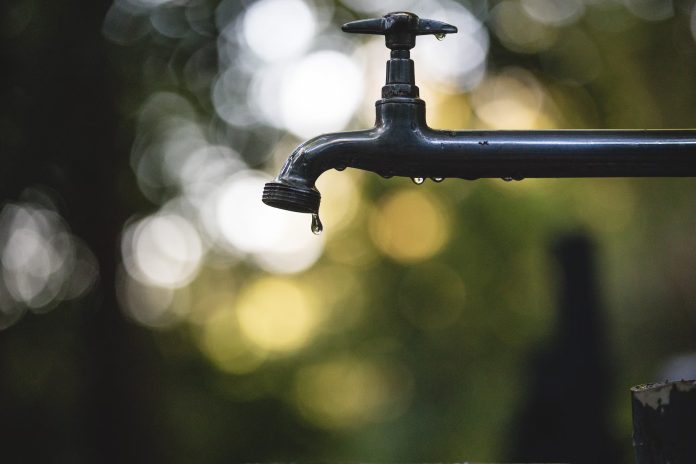The National Water and Sanitation Department says Western Cape residents need to be responsible with water use, to avoid possible water restrictions in future.
Stakeholders involved in the Western Cape Water (WCWSS) Supply System Steering Committee met last month, to discuss the province’s water requirements for the next “hydrological” year – this is between 1 October 2023 and 30 September 2024. This annual meeting also looked at previous patterns of rainfall, and the existing water storage capacity and availability.
The department provincial head, Ntombizanele Bila-Mupariwa, says the consensus was that there was enough water supply to meet the province’s demand, but management principles need to be implemented to maintain a good balance between supply and demand.
“They also reflected on their experiences of the worst drought on record and had a consensus recommendation not to impose any water restriction for this period, but all water users to implement water conservation and water demand management principles to bring their demand down.”
Between 2017 and 2018, the Western Cape was experienced one of its worst droughts, with the water supply below 30%. Following heavy rains and residents’ supposed careful use of water, dam levels have since remained consistently good. Bila-Mupariwa does, however, not that water catchment is vulnerable to many factors, “longer periods of dry hot days, less annual rainfall, water losses [and] irresponsible use of water” being among them.
The department further advised of several tips that residents can follow to conserve water:
- Fix water leaks both in the environment and household
- Explore alternate water sources, including recycling, ground water and rain-harvesting.
- Do no vandalise infrastructure (which leads to unaccepted water leaks)


